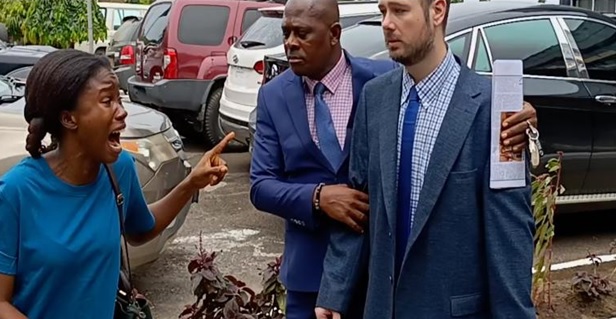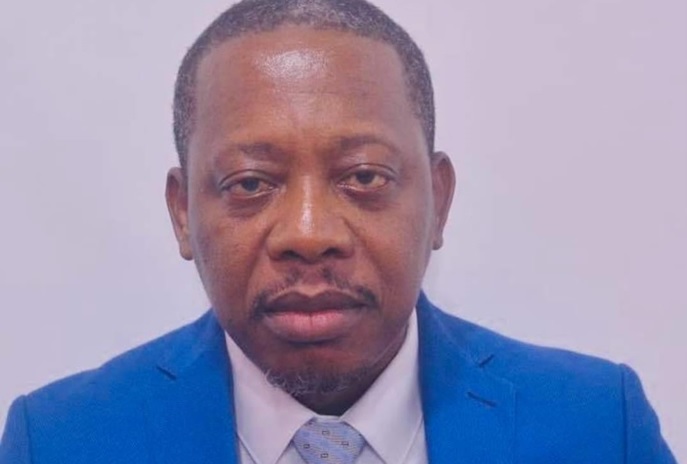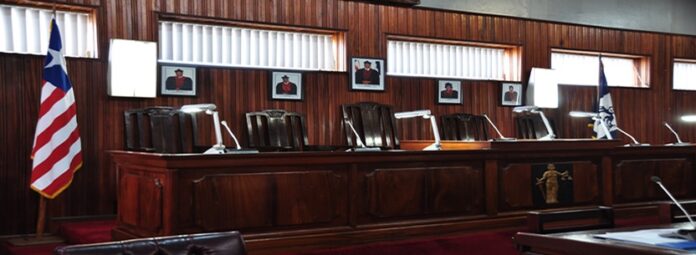MONROVIA, LIBERIA – The conclusion of Lucas Richards’ trial on April 17, 2024, marked not just the end of legal proceedings but the beginning of heated public debate. Presiding Judge Nelson Chineh’s decision to clear Richards of charges of attempted murder and aggravated assault has ignited a storm of controversy, with many questioning the integrity of the verdict and the judicial system itself.
Former Commissioner of the Truth and Reconciliation Commission (TRC), John H.T. Stewart, took to social media to express his dismay over the ruling. Stewart’s Facebook post highlighted concerns about corruption within the legal system, pointing fingers at judges and lawyers allegedly influencing court decisions for their benefit.
Leaked audio recordings have further fueled suspicions of foul play. Conversations between defense lawyers and the victim, Jessica, discussing bribery as “hush-hush money,” have cast doubt on the impartiality of the jury and the judge. The names of lawyers Jimmy Bombo and Eric Morlu were singled out in the recordings, adding weight to the accusations of misconduct.
While lawyers have a duty to vigorously defend their clients, they must operate within the bounds of the law and ethical standards. Offering bribes to sway the outcome of a trial undermines the very foundation of justice and deserves unequivocal condemnation.
Calls for investigation and accountability have resonated strongly. Stewart insists that the Grievance and Ethics Committee delve into the actions of all involved parties in the Jessica case, from the judge and jury to the defense lawyers. If found guilty of breaching judicial ethics, the perpetrators should face severe consequences, including impeachment and disbarment.
The public outcry reflects a deep-seated frustration with perceived corruption within the justice system. The integrity of the courts is paramount in upholding the rule of law and ensuring fair treatment for all individuals, regardless of their status or connections.
Chief Justice Sie Nyene Gyapay Yuoh’s reputation for integrity and fairness is now put to the test. With over fifty years of experience, there is hope that swift and decisive action will be taken to rectify this grave miscarriage of justice.
Meanwhile, Lucas Richards, the central figure in this legal drama, has quietly left Liberia, bound for the United States. His departure only adds to the sense of disillusionment among those seeking answers and accountability.
As the dust settles on this controversial verdict, the quest for truth and justice continues. The outcome of this case will not only shape the fate of those involved but also serve as a litmus test for the resilience of Liberia’s legal system in the face of corruption allegations.







